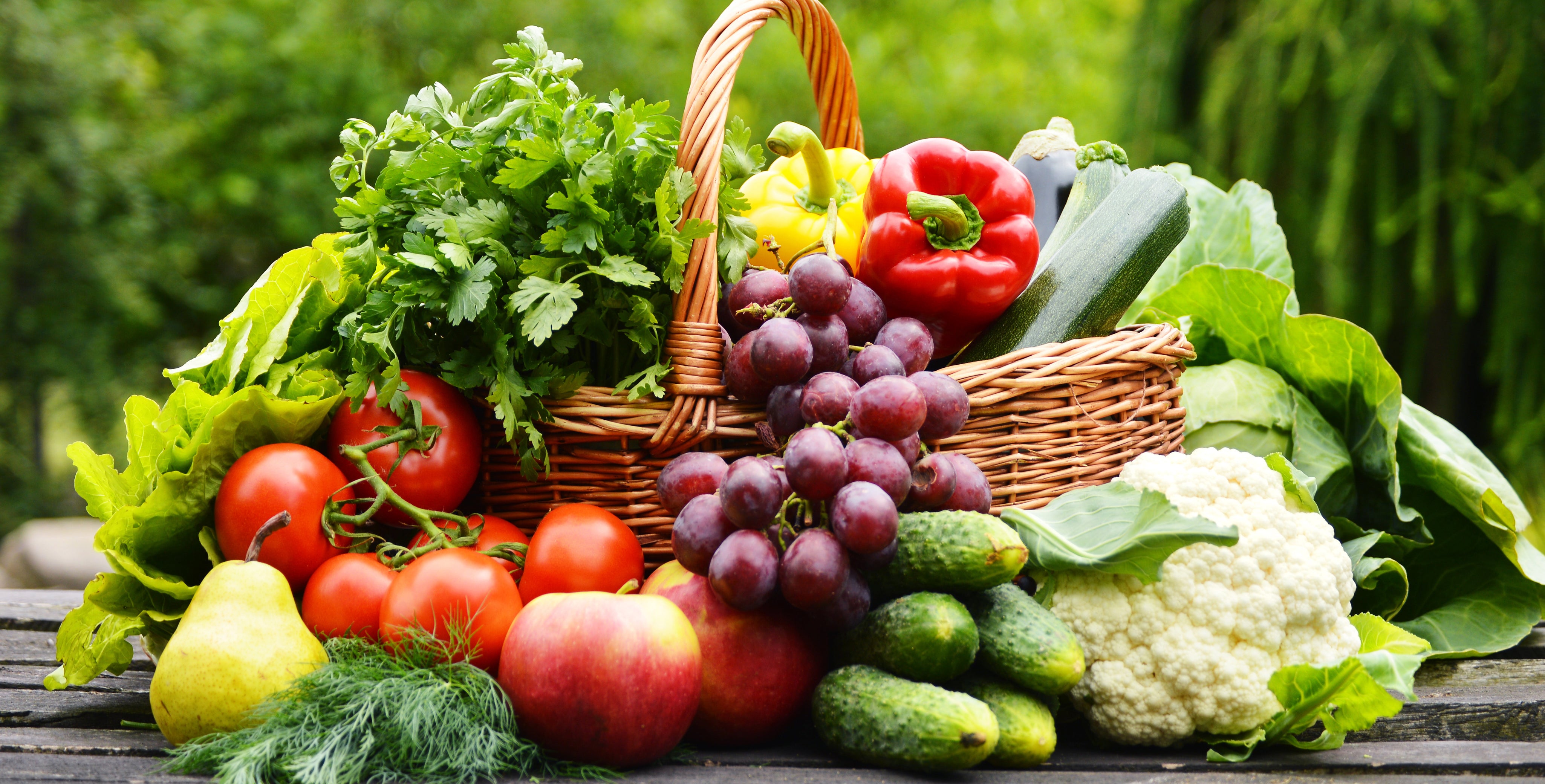Organic farming as a global standard - utopia or perspective?

Can organic feed the world? Supporters of conventional agriculture, organic skeptics and global corporations claim no. But new studies such as the one by Cardiff University contradict this and provide clear evidence of its feasibility. Organic farming offers farmers in developing countries in particular solid prospects for increasing yields. Organic can feed the world - provided that the production of animal-based foods is reduced and food waste is curbed.
Away with the throwaway society
Currently, 1.3 billion tons of food are thrown away every year or are losses along the value chain. That is a third of all food produced worldwide. According to the 2020 UN report, 690 million people worldwide suffer from hunger at the same time. The causes are complex: wars, disasters, the consequences of climate change, unfair global trade, corruption and land grabbing are just a few examples. The type of agriculture is not the decisive factor. With one exception: the impact on climate change.
Turning off the tap on greenhouse gases
According to the IPPC Global Carbon Project, agriculture currently causes 31 percent of global emissions. Greenhouse gas emissions could be reduced by 60 percent, for example by stopping the use of peatlands. This alone would save 30 percent of greenhouse gases. A further 20 percent could be reduced by switching to organic farming. Particularly important: In order to reduce greenhouse gas emissions by a total of 60 to 80 percent in the long term, the production of meat and milk would have to be reduced; cattle farming in particular is harmful to the climate.
According to a study by the Swiss Research Institute of Organic Agriculture (FiBL), a complete switch to organic farming worldwide would also be possible. Provided that food waste is reduced by half and no more animal feed is grown on arable land worldwide - currently 34% of the global grain harvest is used as animal feed. Animals would then only eat grass and by-products of the food industry. As a result, the consumption of animal products would be reduced by around a third. Calorie and protein requirements would then have to be increasingly met by plant-based foods such as pulses.
Know-how for organic farming
In addition to the positive effects on the climate, organic farming is gentle on the soil, reduces erosion and improves soil quality, while fewer fertilizers and pesticides end up in the groundwater and therefore also in drinking water. According to a study by the Thünen Institute, biodiversity is increasing, with the number of species of arable flora increasing by 95 percent, field birds by 35 percent and flower-visiting insects by 23 percent.
But is the yield of organic farming sufficient? The aforementioned study by the Parrot and Marsden team of scientists from Cardiff University came to extraordinarily positive conclusions. They determined production increases from Nepal to Brazil of between a minimum of around ten and a maximum of around 250 percent, with an average yield increase of between 20 and 30 percent.
In the tropics in particular, organic farming performs better than conventional farming. The required amount of nutrients for crops cannot be provided there even with synthetic fertilizers. In addition, organic farming improves nutrient storage through humus in the long term.
Organic innovation meets tradition
Organic farming fits in well with traditional forms of cultivation in developing countries: Efficient varieties, well thought-out mixed crop cultivation, intelligent techniques against weed or pest infestation and other measures ensure astonishing increases in yield. At the same time, they strengthen the independence of farmers, who would no longer be dependent on synthetic fertilizers, pesticides or patented seeds.
Conclusion: Organic farming can only have a limited effect as a means of combating hunger if the actual problem does not lie in agricultural production, but has social and political causes. Nevertheless, the ecological and social effects as well as economic yields are so positive that a changeover would pay off in the long term for the environment and future generations. We at GSE Organic Supplements are aware of our responsibility: that is why we only use certified organic raw materials for our products.



